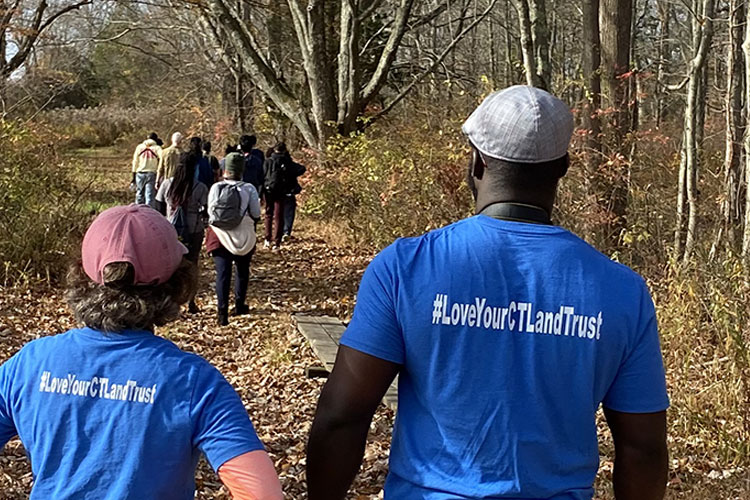News
This year has been a lot to handle (to say the least)—continuing to withstand a global pandemic, seeing the harsh realities of systemic racism repeatedly at work, and dealing with the stress of a high-stakes election year.
After a year such as this, it’s even more important that we continue to fight against racism in 2021, especially as we advocate for outdoor access for everybody.
There is some evidence that we can look to the future with a glimmer of optimism: President-Elect Joe Biden has nominated the first Native American to serve as Cabinet secretary and head of the Department of the Interior, the first Black man to lead the Environmental Protection Agency (EPA), and the first Black chair of the White House Council on Environmental Quality (CEQ). (Though In an ideal world, these milestones would have been achieved much earlier.) And while the history of the conservation movement has long left out BIPOC voices, hope can be found in the rise of diverse leadership molding future policies. Closer to home, Connecticut youth protested for environmental justice earlier this year, bringing awareness to the intersection of environmental and social injustice issues.
These are all promising steps toward countering the racist beginnings of the conservation movement. While they won’t fully make up for the harm and trauma inflicted on Black, brown, and Indigenous communities over the past several hundreds of years, progress continues one small step at a time.
If you’re looking for ways to take action, visit the CLCC Anti-Racism Education and Resources Guide. Along with an extensive list of resources to learn and understand the adverse impacts of racism, there are also action guides on how to be anti-racist in the conservation movement.
We have learned a lot this past year. Let’s continue to grow together and ensure access to the outdoors for everybody.
![types] types]](https://ctconservation.org/wp-content/uploads/Cristina-Hayden-winter-hat.jpg)
Tags: DEIJ, Land & Equity

